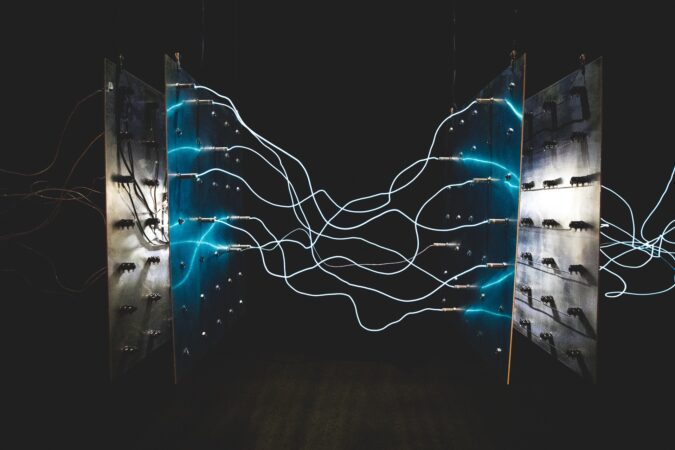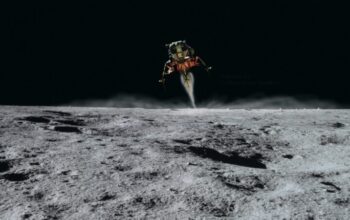Artificial intelligence (AI) is the power of a machine or a computer-controlled robot to perform jobs usually done by a person because they require human intelligence and judgment.
Artificial intelligence is not a new term or a new technology for academics. This technology is far older than you might think. AI has been making waves as the next best thing to help historians fill in the blanks.
How AI Can Help Historians
Artificial intelligence and machine learning techniques are hastening such study and calling attention to previously neglected data. For example, an artificial intelligence program built by historians in partnership with the UK-based AI firm DeepMind can assist in restoring ancient Greek writings with 72% accuracy.
Although archaeology challenges may not appear to be as urgent as computer science tasks in healthcare, finance, and other fields, applying algorithmic tools to historical research can boost AI’s capabilities.
An AI model can anticipate the original fragments by reversing the erosion process. Researchers in restoring history can then specify how the model will determine if pieces fit together.
The researchers’ first step was changing the Packard Humanities Institute (PHI) database—the most important virtual series of historical Greek inscriptions—into machine-readable textual content known as PHI-ML. That amounted to approximately 35,000 inscriptions and more than three million phrases from the seventh century BCE thru the fifth century CE. Next, the researchers educated Pythia (with each phrase and the man or woman characters as inputs) to expect the lacking letters of phrases in the one’s inscriptions. Pythia becomes educated to apply the pattern-popularity abilities of deep neural networks.
The AI can also determine where the writings were written in the ancient Mediterranean world with greater than 70% accuracy and date them to within a few decades of their agreed-upon creation date. It represents an advancement over an earlier version of the AI, which could only repair ancient writings.
Advancements In The Field
Historians are usually interested in three key goals when recovering ancient texts: repairing the material and determining when and where it got written. In addition, they seek to distinguish elements and patterns in the writing style and compare them to those found and dated in ancient writings.
However, it is challenging for humans to harness all relevant data and find hidden patterns consistently.
Sommerschield and her colleagues collaborated with DeepMind researchers to train the machine-learning AI, named Ithaca after the Greek island famous for being the home of the legendary character Odysseus, to complete all three challenges.
There is quite a bit to learn from history.
Final Thoughts on AI Restoring History
What gets kept out of history has real-world implications in healthcare, economics, and international affairs. Machine learning is ideally suited to uncovering gaps in historical data, restoring history, and making significant advances.
Remember that we are going to learn quite a bit about the value of technology and artificial intelligence as we progress. We are still in the very early stages of technology and we should see that it will make a significant impact over time.
We are seeing that firms like Doordash, Tesla, and other firms are really leaning into the field of artificial intelligence. They are obtaining a certain level of funding because of this continuous learning into the field of artificial intelligence.
We will regularly see more progress into this because of the need for more productivity and progress within the world. It is necessary to move into an age of abundance via artificial intelligence and learning about history, having the right data, and learning regularly will help us to progress into this age. “AI could be one of humanity’s most useful inventions” says on the official Deepmind webpage and we can agree.






